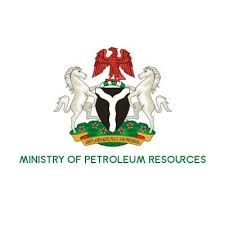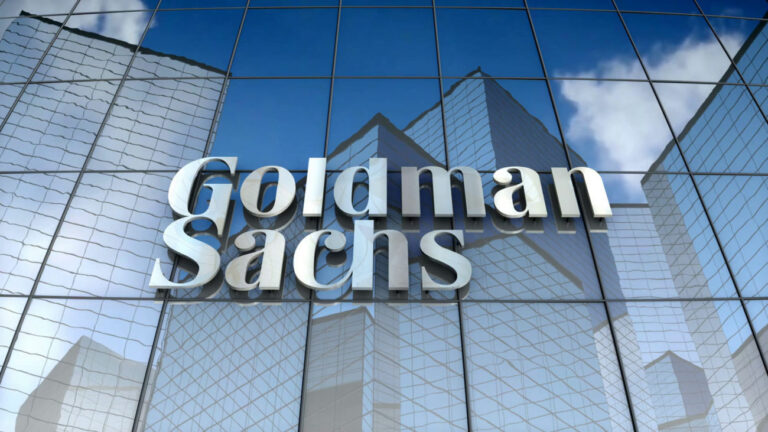
Nigeria is pressing ahead with a $25 billion cross-border gas pipeline project as Africa faces an infrastructure investment shortfall of up to $170 billion annually, underscoring the scale of financing needed to close the continent’s energy and development gap.
The Nigeria-Morocco Gas Pipeline, also known as the African Atlantic Gas Pipeline, is moving towards construction in a deal that signals one of Africa’s most ambitious infrastructure undertakings.
The 6,000-kilometre line will cut through 13 countries, supplying 30 billion cubic metres of gas each year, including to landlocked Niger, Burkina Faso and Mali, while linking Morocco directly to European markets. Backed by phased financing, intergovernmental agreements and investor commitments, the project is expected to expand electricity access, boost industrialisation and strengthen regional trade.
At the same time, African leaders and private financiers are preparing for high-level discussions on mobilising capital to bridge the continent’s estimated $130 billion to $170 billion annual infrastructure deficit.
The talks will be held at the African Energy Week (AEW) 2025 in Cape Town between September 29 and October 3, where cross-border financing, regulatory coordination and public-private collaboration will dominate the agenda.
Momentum for integration is already visible. The $5 billion East African Crude Oil Pipeline (EACOP), which runs 1,443 kilometres from Uganda to Tanzania, is more than 64 per cent complete and is projected to generate thousands of jobs, attract foreign direct investment and expand regional trade flows.
Tomás Gerbasio, Vice President of Commercial and Strategic Engagement at the African Energy Chamber, stressed that while financing Africa’s energy and infrastructure projects remains complex, the rewards are vast. “Successfully cross-border initiatives can connect markets, expand access to resources and strengthen regional economies,” he said.
With Nigeria consolidating gas reforms and advancing the $25 billion pipeline, the race to close Africa’s $170 billion infrastructure gap is expected to hinge on unlocking innovative financing and sustaining investor appetite for large-scale, transformative projects.
SOURCE: THE DAILY TIMES NEWSPAPER






https://heartmedseasybuy.com/# Blood Pressure Meds